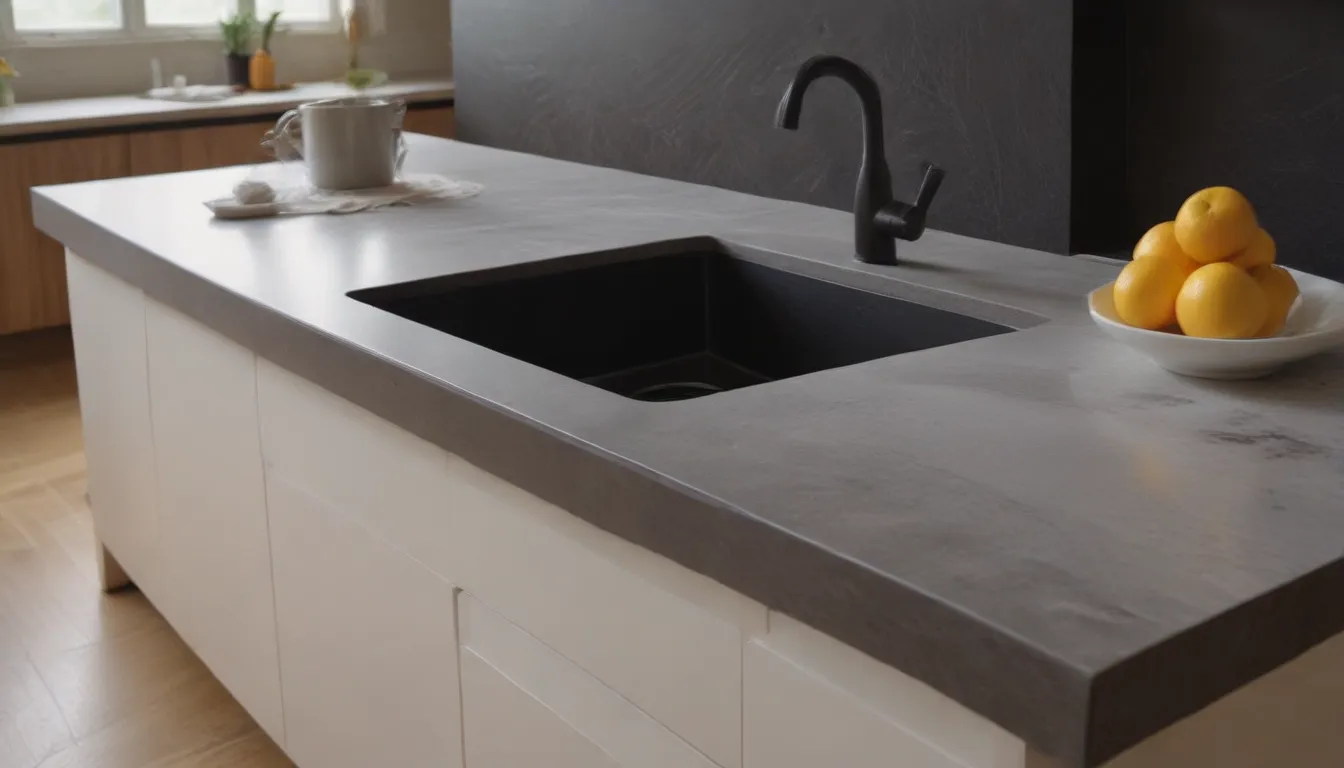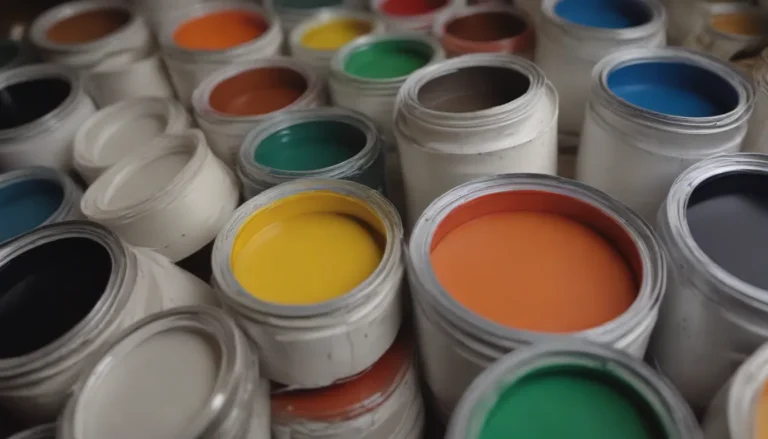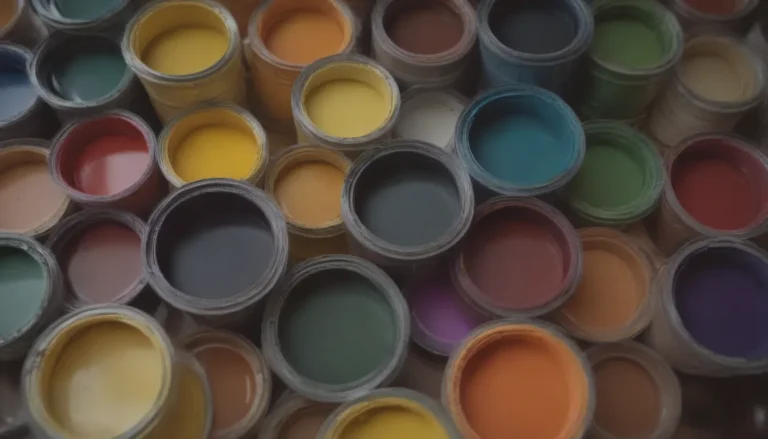Keeping Quartz Countertops Stain-Free: A Comprehensive Guide

Quartz countertops are a popular choice for kitchens due to their beautiful patterns and nonporous design that makes them highly resistant to stains. Unlike natural stone countertops like marble or granite, quartz countertops do not require regular sealing to prevent liquids, oils, and other substances from penetrating the surface. Made up of about 90 percent quartz crystals and 10 percent resin binder, quartz countertops are durable, heat-resistant, and easy to maintain. But do quartz countertops stain? Let’s delve into this topic to find out.
Potential for Staining with Quartz Countertops
While quartz countertops are generally stain-resistant, they are not completely immune to staining. Certain substances can cause discoloration if left on the surface for an extended period. Some common culprits include:
- Alkaline cleaners
- High pH detergents
- Certain acids
- Nail polish and wax
- Makeup
- Acidic foods and beverages
Although staining is possible with these substances, immediate cleaning can prevent any long-term damage to your quartz countertop.
Understanding the Composition of Quartz Countertops
Quartz countertops are composed of a high percentage of quartz crystals and a resin binder that gives them their nonporous quality. While this nonporous surface makes them resistant to stains, it also means that certain substances can cause discoloration if not promptly cleaned up.
Tips for Preventing Stains on Quartz Countertops
To keep your quartz countertops looking pristine, it’s essential to take proactive steps to prevent staining. Here are some tips to help you maintain the beauty of your countertops:
- Use pH-Neutral Cleaners: Invest in cleaners specifically designed for quartz countertops to avoid damaging the surface with harsh chemicals.
- Protect the Surface: When working on the countertop, use cutting boards and towels to prevent direct contact with potentially staining substances.
- Clean Up Spills Promptly: Immediate cleaning of spills can prevent stains from setting into the quartz surface.
By following these simple guidelines, you can minimize the risk of stains and keep your quartz countertops looking brand new for years to come.
Removing Stains from Quartz Countertops
If a spill does occur and a stain develops on your quartz countertop, don’t panic. Most minor stains can be removed with the right cleaning products and techniques. Here are some steps to follow:
- Identify the Type of Stain: Determine what substance caused the stain to select the appropriate cleaning solution.
- Apply Stain Remover: Use a stain remover specifically designed for quartz countertops and follow the manufacturer’s instructions for application.
- Scrub Gently: Use a soft-bristle brush to scrub the stained area, avoiding abrasive cleaners that could damage the surface.
- Rinse and Wipe: After allowing the cleaner to work its magic, rinse the countertop thoroughly and wipe it down with a soft cloth or towel.
By following these steps, you can effectively remove stains from your quartz countertops and restore them to their original beauty.
Conclusion
In conclusion, while quartz countertops are highly resistant to stains, they are not entirely impervious to discoloration. By understanding the potential causes of staining, taking proactive measures to prevent spills, and knowing how to properly remove stains, you can keep your quartz countertops looking as good as new. With a little care and maintenance, your quartz countertops will continue to enhance the beauty and functionality of your kitchen for years to come.





